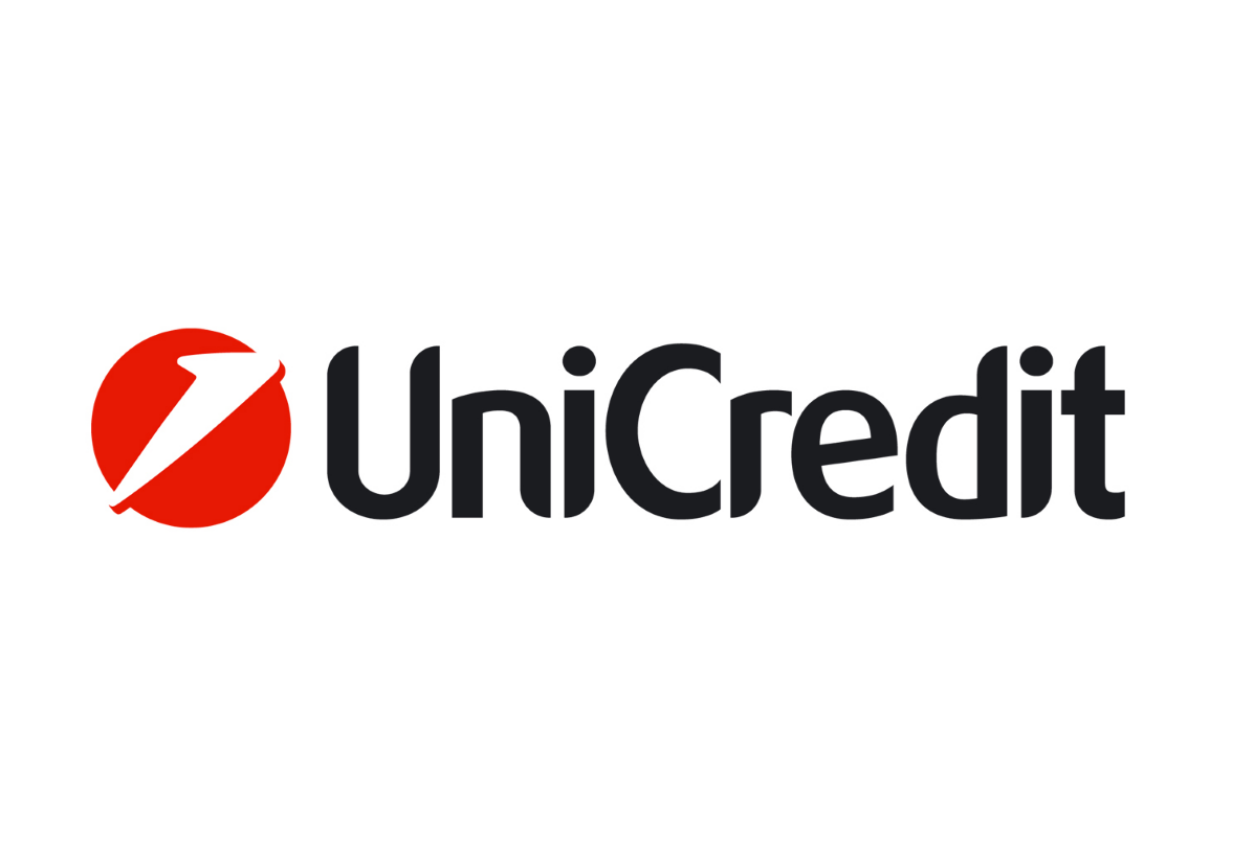NatWest Group has joined the Open Property Data Association (OPDA) to improve the homebuying process by sharing digital property information across the mortgage market.
Several other UK financial institutions have recently joined the OPDA including HSBC, which joined in August, Nationwide, which announced its membership in July, and Lloyds Banking Group, which signed up in March.
The OPDA implements open data standards and encourages data sharing across the property industry through the use of open source tools.
The trade association claims that sharing standardised data in a digital and trusted format will make the process of buying and selling a property easier and quicker.
OPDA launched open property data standards and models for trustable and shareable data earlier this year. The free open source tools have been created and tested in collaboration across every sector across the property industry.
Homebuying current takes an average of 22 weeks to reach the completion stage, with less than one per cent of property information available digitally.
The OPA claims that those using its data standards for digital property packs have seen time reduced from mortgage offer and purchase accepted to exchange of contracts within 15 days.
OPDA is calling on the government to deliver digitised property data at source which includes information from the land registry, planning permissions, building safety, and local authority searches. The organisation is also asking for more clarity for the industry on executing a fully digital home buying market.
“Speeding up the homebuying journey and making it a simpler, clearer and more customer-focused process is core to what we’re trying to achieve as a bank,” said Brad Fordham, head of mortgage distribution at NatWest. “Joining OPDA is an important signal of our commitment to driving up standards of transparency and collaboration across all parts of the homebuying journey and we look forward to seeing that continue to improve.”
Latest News
-
Gemini to cut quarter of workforce and exit UK, EU and Australia as crypto slump forces retrenchment
-
Bank ABC’s mobile-only ila bank migrates to core banking platform
-
Visa launches platform to accelerate small business growth in US
-
NatWest to expand Accelerator programme to 50,000 members in 2026
-
BBVA joins European stablecoin coalition
-
eToro partners with Amundi to launch equity portfolio with exposure to ‘megatrends’
Creating value together: Strategic partnerships in the age of GCCs
As Global Capability Centres reshape the financial services landscape, one question stands out: how do leading banks balance in-house innovation with strategic partnerships to drive real transformation?
Data trust in the AI era: Building customer confidence through responsible banking
In the second episode of FStech’s three-part video podcast series sponsored by HCLTech, Sudip Lahiri, Executive Vice President & Head of Financial Services for Europe & UKI at HCLTech examines the critical relationship between data trust, transparency, and responsible AI implementation in financial services.
Banking's GenAI evolution: Beyond the hype, building the future
In the first episode of a three-part video podcast series sponsored by HCLTech, Sudip Lahiri, Executive Vice President & Head of Financial Services for Europe & UKI at HCLTech explores how financial institutions can navigate the transformative potential of Generative AI while building lasting foundations for innovation.
Beyond compliance: Building unshakeable operational resilience in financial services
In today's rapidly evolving financial landscape, operational resilience has become a critical focus for institutions worldwide. As regulatory requirements grow more complex and cyber threats, particularly ransomware, become increasingly sophisticated, financial services providers must adapt and strengthen their defences. The intersection of compliance, technology, and security presents both challenges and opportunities.
© 2019 Perspective Publishing Privacy & Cookies













Recent Stories